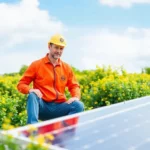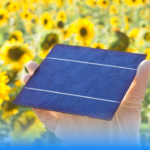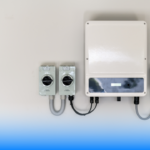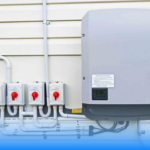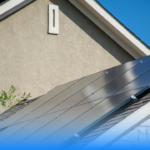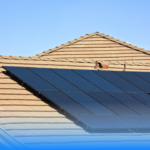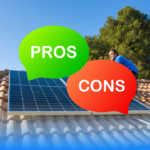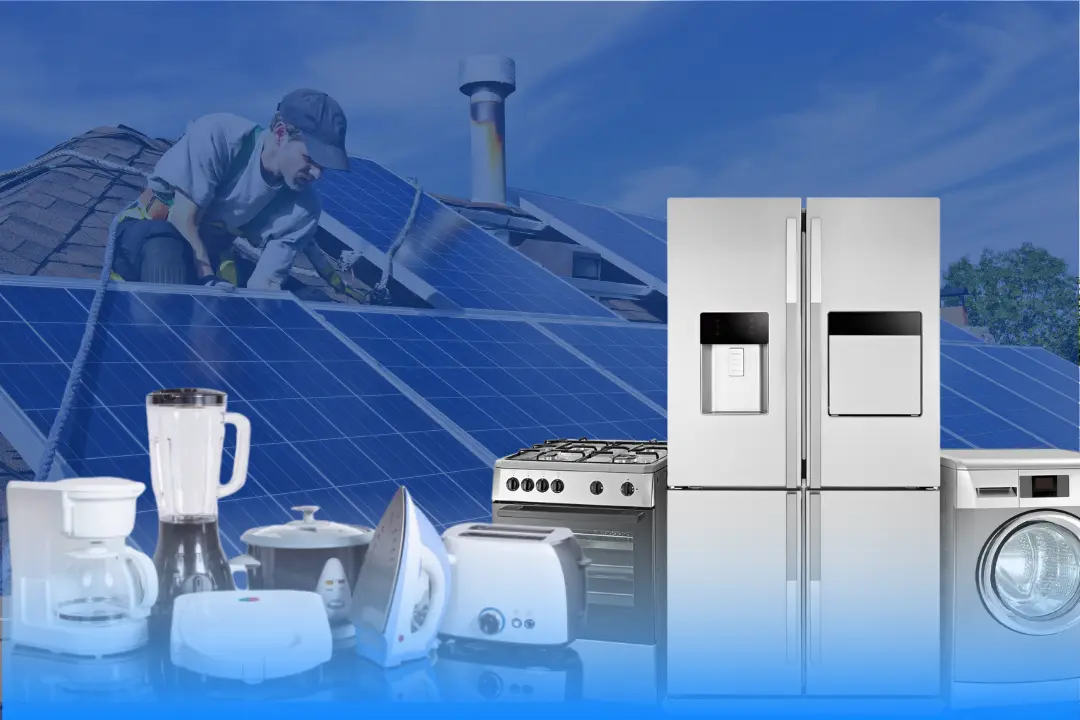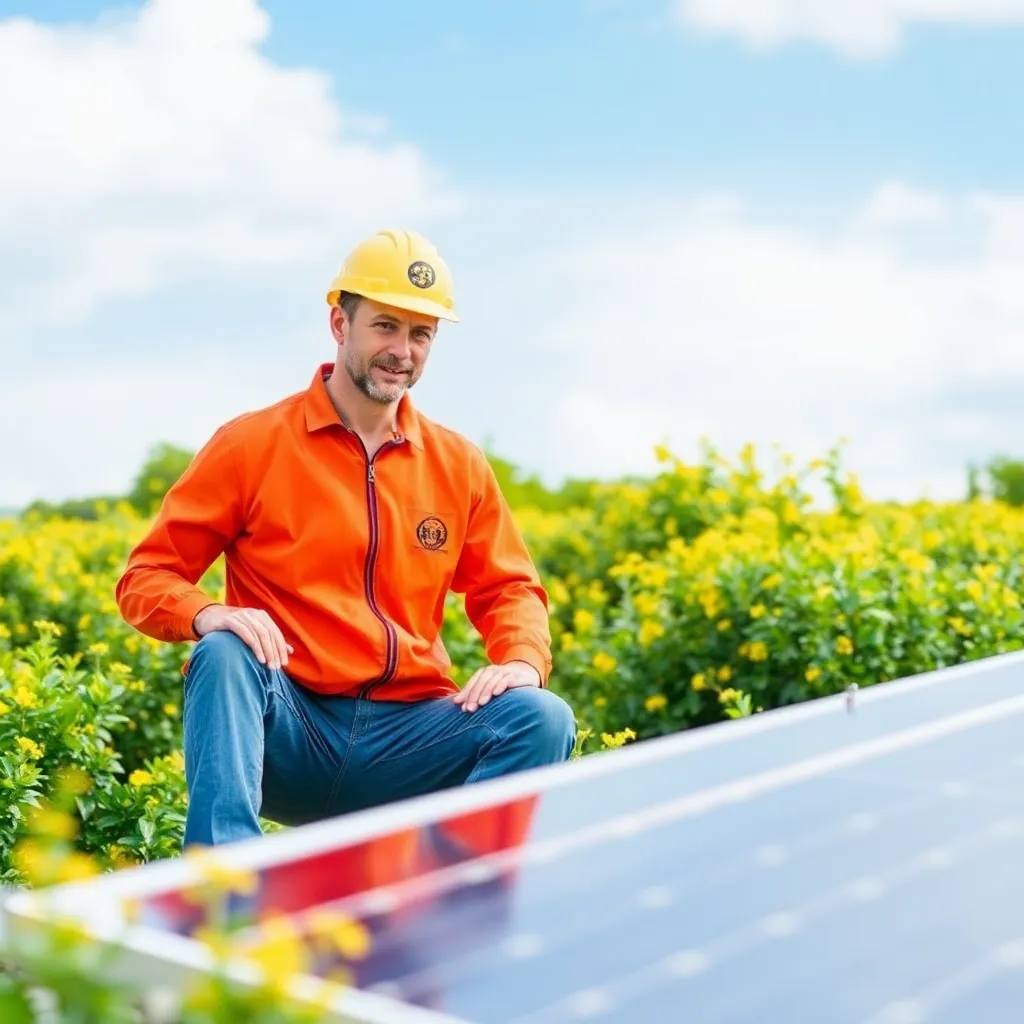Is Solar Energy Worth It in 2024? Pros and Cons for UK Homeowners
In the quest for sustainable living, solar energy has emerged as a frontrunner. But as 2024 unfolds, many UK homeowners are asking, “Is solar energy really worth the investment?” This article delves into the pros and cons of solar energy for UK homeowners, providing a comprehensive look at its benefits and potential drawbacks.
The Rising Appeal of Solar Energy
Why Consider Solar Energy Now?
Solar energy has seen a surge in popularity due to increasing environmental awareness and advancements in technology. With the UK government offering various incentives and the cost of solar panels decreasing, the appeal of harnessing the sun’s power is stronger than ever.
Environmental Impact
One of the most compelling reasons to switch to solar energy is its positive environmental impact. Solar power is a renewable resource, meaning it doesn’t deplete natural resources or cause significant environmental damage. By installing solar panels, homeowners can reduce their carbon footprint and contribute to a cleaner, greener future.
“Solar energy is the way to the future. It’s clean, it’s renewable, and it’s becoming increasingly affordable.” — Jane Goodall
Financial Considerations
Initial Costs vs Long-Term Savings
The initial investment for solar panels can be substantial, but the long-term savings often outweigh the upfront costs. On average, UK homeowners can expect to pay between £4,000 and £6,000 for a typical solar panel system. However, the savings on energy bills can be significant, with many households seeing a reduction of up to 70% in their electricity costs.
| Aspect | Cost | Potential Savings |
|---|---|---|
| Initial Investment | £4,000 – £6,000 | |
| Annual Energy Savings | £300 – £500 | |
| Payback Period | 8 – 12 years |
Government Incentives and Subsidies
The UK government offers several incentives to encourage the adoption of solar energy. These include the Smart Export Guarantee (SEG), which pays homeowners for the excess energy they export back to the grid. Additionally, there are various grants and loans available to help offset the initial costs of installation.
| Incentive | Description |
|---|---|
| Smart Export Guarantee (SEG) | Pays homeowners for excess energy exported to the grid |
| Green Homes Grant | Provides grants for energy-efficient home improvements |
| Energy Company Obligation (ECO) | Obligates larger energy companies to fund energy efficiency improvements |
Increase in Property Value
Homes with solar panel installations often see an increase in property value. Potential buyers are attracted to the prospect of lower energy bills and the environmental benefits, making solar panels a wise investment for the future.
Technical and Practical Considerations
Solar Panel Efficiency
The efficiency of solar panels has improved dramatically over the years. Modern panels are capable of converting more sunlight into electricity, making them more effective even in the UK’s often overcast climate.
Maintenance and Lifespan
Solar panels require minimal maintenance. Regular cleaning and occasional inspections are usually sufficient to keep them operating efficiently. Most panels come with a warranty of 25 years, though they often continue to produce electricity well beyond this period.
Installation Challenges
The installation process can be complex and may require modifications to your home’s structure. Additionally, not all homes are suitable for solar panels; factors such as roof orientation, shading, and structural integrity can impact feasibility and efficiency.
| Factor | Consideration |
|---|---|
| Roof Orientation | South-facing roofs are ideal for maximum sunlight exposure |
| Sh |
| Roof Space | Sufficient space is needed to install an adequate number of panels | | Shading | Trees or nearby buildings can affect the efficiency of solar panels | | Structural Integrity | Roofs must be strong enough to support the weight of the panels |

Potential Drawbacks
Weather Dependency
Solar panels are most effective in direct sunlight. While they can still generate electricity on cloudy days, their efficiency is reduced. This means that UK homeowners may experience fluctuations in energy production, particularly during the winter months.
Space Requirements
Solar panels require sufficient roof space for installation. Homes with limited roof space or those shaded by trees or other buildings may not be able to accommodate a solar panel system.
Initial Investment
The upfront cost of solar panels can be a barrier for many homeowners. While financing options are available, the initial expense remains a significant consideration.
Conclusion: Is Solar Energy Worth It?
So, is solar energy worth it for UK homeowners in 2024? The answer largely depends on individual circumstances. For those committed to reducing their carbon footprint and willing to invest in the initial costs, the benefits of solar energy—both financial and environmental—are substantial. Government incentives and the potential increase in property value further tip the scales in favour of solar power.
However, it’s crucial to consider the practical aspects, such as installation feasibility and weather dependency. Consulting with a professional to assess your home’s suitability for solar panels can provide clarity and help you make an informed decision.
In conclusion, while solar energy presents some challenges, the long-term advantages make it a compelling option for many UK homeowners. With careful planning and consideration, solar power can be a wise and sustainable investment for the future.
Key Takeaways
-
- Initial Investment: The cost of installing solar panels can be high, but government incentives and long-term savings make it worthwhile.
-
- Environmental Benefits: Solar energy is a clean, renewable resource that helps reduce carbon emissions.
-
- Property Value: Solar panels can increase the value of your home.
-
- Maintenance: Solar panels require minimal upkeep and have a long lifespan.
-
- Weather and Space Considerations: Efficiency can be affected by weather and roof space.
Final Thoughts
Investing in solar energy is not just about the financial returns; it’s about contributing to a sustainable future. By reducing dependence on fossil fuels, homeowners can play a crucial role in combating climate change. As technology advances and the cost of solar panels continues to drop, the question might soon change from “Is solar energy worth it?” to “Can we afford not to invest in solar energy?”

